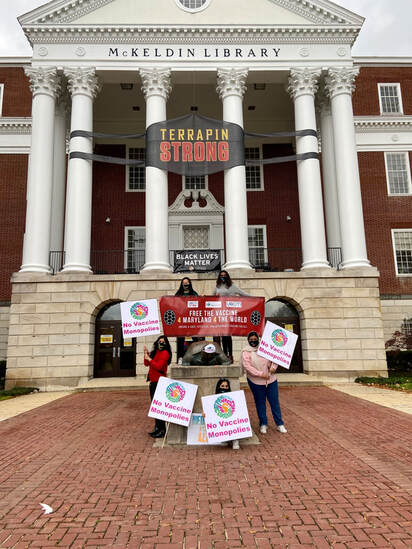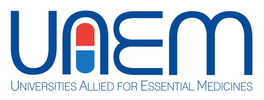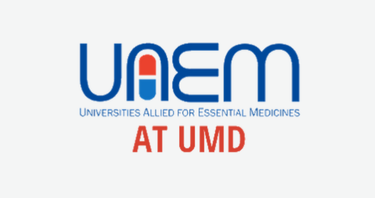The Access to Medicines Problem
|
The World Health Organization estimates that 10 million people die every year, mostly in developing countries because they are unable to access existing drugs and vaccines. Several factors impede access to the medicines that exist, chief among them being the cost. Generic competition is the most effective means to lower the price of medicines. For example, the price of antiretroviral therapy for HIV dropped from more than $10,000 per patient per year in 2001 to under $100 today. Unfortunately, generic drug production for people in poor countries has been harmed by trade agreements and laws that impede generic companies from producing affordable drugs. Millions die because competition cannot take place, and pharmaceutical companies wind up having exclusive rights to vital medicines.
|
The Role of Universities and Students

As many of these life-saving drugs are developed in campus laboratories, many and with public funds, universities wield substantial leverage when they license their drugs to pharmaceutical companies. That means students have the opportunity to get involved and advocate to make a difference.
As committed students who passionately believe in social justice and health equity, we find it unacceptable that millions of people do not have access to essential medicines. We are particularly concerned about people in developing countries who are disproportionately affected by the access to medicines crisis.
Universities have a social compact with society and, as educational and research institutions, they have a responsibility to promote and manage the deployment of innovations for the public benefit. In no field are the moral imperatives to do so as clear as they are in medicine.
Students are uniquely positioned to push for normative change in their universities and research
institutions. We will use the intellectual sophistication, rigor and integrity of our members to fight
for increased innovation as well as access to medicines and health-related technologies for all.
Our work is guided at all times by principles of non-partisanship, democracy, transparency and
respect.
As committed students who passionately believe in social justice and health equity, we find it unacceptable that millions of people do not have access to essential medicines. We are particularly concerned about people in developing countries who are disproportionately affected by the access to medicines crisis.
Universities have a social compact with society and, as educational and research institutions, they have a responsibility to promote and manage the deployment of innovations for the public benefit. In no field are the moral imperatives to do so as clear as they are in medicine.
Students are uniquely positioned to push for normative change in their universities and research
institutions. We will use the intellectual sophistication, rigor and integrity of our members to fight
for increased innovation as well as access to medicines and health-related technologies for all.
Our work is guided at all times by principles of non-partisanship, democracy, transparency and
respect.



